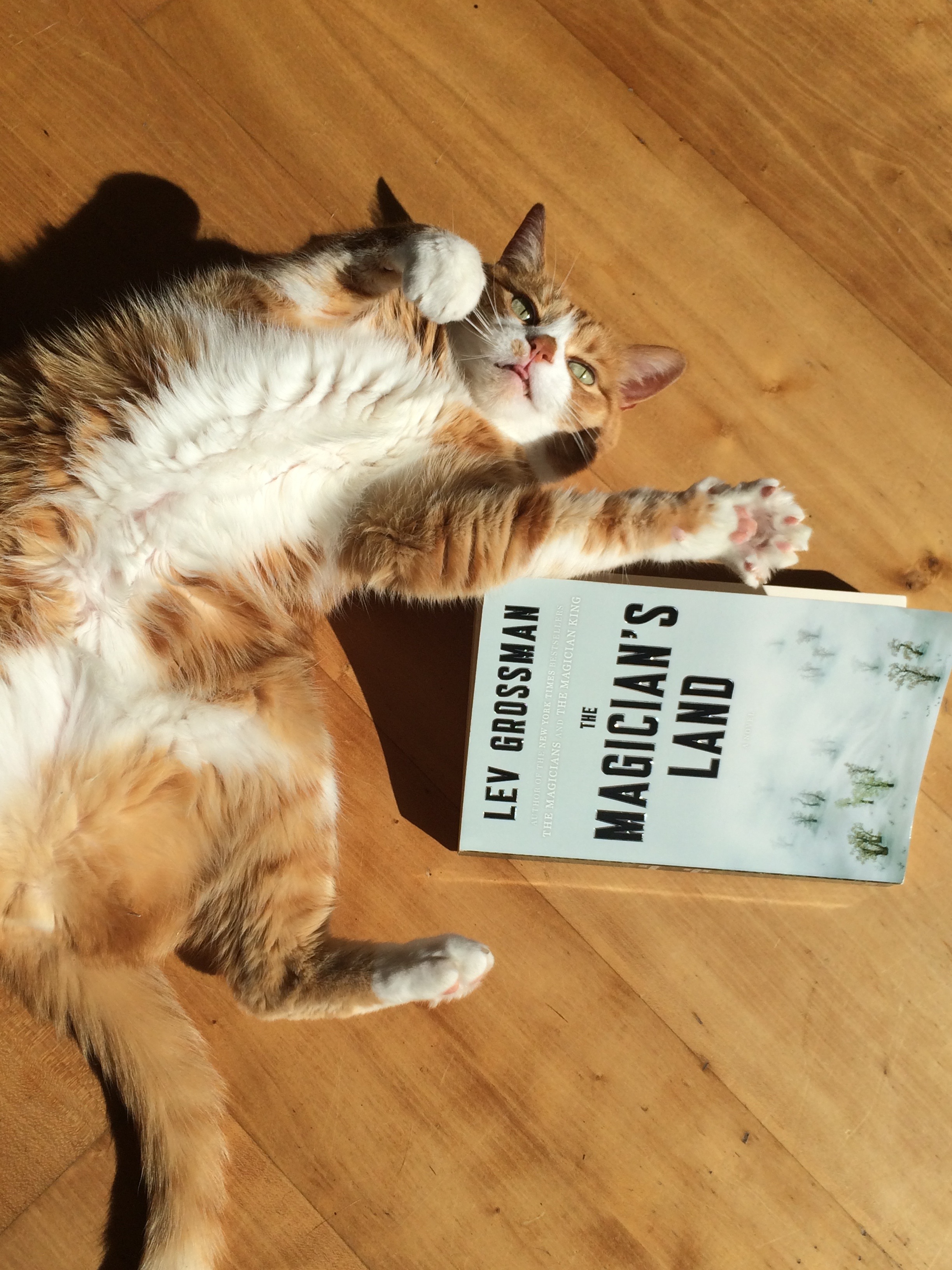The Word Exchange by Alena Graedon
This was a quick, fun-ish read that reminded me a lot of a book I read last year, Lexicon, by Max Barry. Lexicon is a bit more tense with serious implications for complex characters. The Word Exchange, however, had slightly less dire stakes and was more quick-paced romp than dark thriller. The characters in The Word Exchange aren’t fully fleshed out – especially the pivotal Dad/Doug character – and sometimes feel a little bland and nonspecific. I kind of got the sense that Graedon expected you to know and understand the characters as well as she does, but didn’t do all the work required to get you there. Nevertheless, it was a a neat premise and had good pacing.
The Girl With All the Gifts
by MR Carey
This is a fascinating premise (inside-out zombie story) and if you’re at all a fan of the zombie/post-apocalyptic genre, I’d recommend this book even in spite of all its shortcomings. MR Carey is a graphic novelist at his core, and that style of storytelling comes across very clearly in this book. Are the characters finely wrought complex beings with many facets and conflicting motivations? Nope. Does the plot go in unexpected directions leading you to places you never anticipated? Well, not really, no. Do the overall themes and philosophies of the novel challenge your understanding of the world? This book isn’t here for that. The Girl With All the Gifts won’t stretch your imagination very hard or make you think too deeply, but it’s a fun and fast run-away-from-a-zombie-horde, with enough minor tweaks from the standard fare to keep you turning the pages.
The History of Love by Nicole Krauss
I usually like to know what people are talking about when a book is generating a lot of buzz, but sometimes when a book goes full nuclear on the hype radar, I put it aside for a few years to cool. This was one of those. Everyone I talked to gushed and raved and melted when they talked about this book and I didn’t want my unrealistic expectations to spoil the experience. It’s actually a much quieter and softer book than I was expecting, considering the manic reactions. With modern novels continuing to inflate beyond the 500-page mark, this slim piece of writing was a breath of fresh air. I didn’t fall over myself at the post-modern formatting (I later discovered that Nicole Krauss is married to Jonathan Safran Foer and that, after dinner, they enjoy sitting in their parlor drinking wine and reverting standard fiction writing norms) but enjoyed the characters a lot. I’m growing a little tired of the “everything is interconnected” trope in fiction, but, granted, this book came out 11 years ago so I’m pretty late to the game.
A Short History of Tractors in Ukrainian by Marina Lewycka
I’m not sure how much I should say about this book because it was so solidly not for me. I suppose it is funny to the people who enjoyed it but the madcap hijinks in domestic violence and immigration just made me deeply uncomfortable.
A Little Life by Hanya Yanagihara
If you’ve heard anything at all about A Little Life, you know that it’s going to make you cry. No arguments here; I had steady tears running down my face at least four or five times at various times throughout the novel. And it’s not as if there’s one major spoilery plot piece that’s going to make you cry, it’s just that it’s a heartbreakingly beautiful and sad book. There are a very small few rough edges (Malcolm), but it’s really just nitpicking and they’re only noticeable because they stand in contrast to what is otherwise a staggeringly exquisite piece of fiction. I can’t wait to read it again.

The Magicians, The Magician King
, and The Magician’s Land
by Lev Grossman
After having my heart juiced by A Little Life, I needed some comfort reading and returned to re-read this series about post-graduate magicians. This series is always described as “Harry Potter for grownups” which really doesn’t do it (or Harry) justice. It’s deeply sarcastic and dark and, while both series deal with fulfilling destiny, The Magicians trilogy takes a much more mature and resigned path, addressing the insecurities of failing to live up to a prodigious potential, settling for reality, and reckoning with the fact that getting older means managing the heartbreak of constantly readjusting your expectations. It’s not pessimistic, per se, but when I first read it as a mid-20s former smart kid, adrift and directionless, it hit me in just the right spot. If you’re going to explore this series, you need to commit to all three books. The first does the work of establishing place and character, and is actually the weakest (and you need to read what happens to Julia in the second book). It’s a steady building that gets progressively more complex and the pay-off at the end is a perfectly-pitched release.